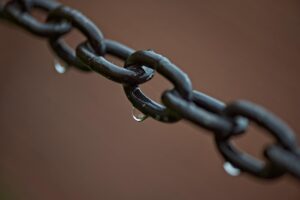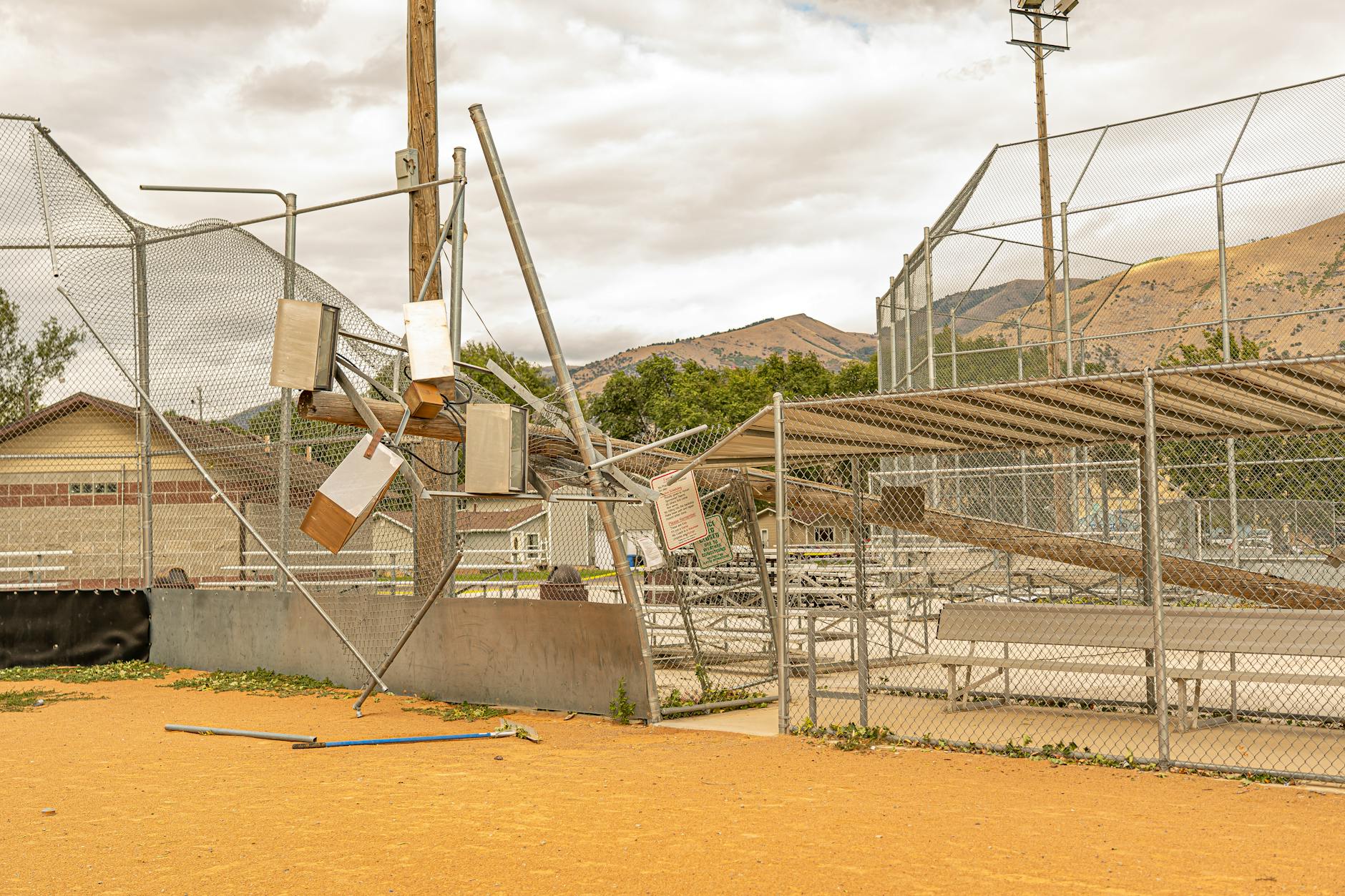“`html
North Korea Raises Capsized Destroyer, Aims for June Repair
North Korea has successfully righted a capsized destroyer in the port city of Chongjin, marking a critical step in its ambitious plan to fully restore the vessel by late June. The deadline, set by leader Kim Jong Un, coincides with a major party congress—an event where military readiness and technological prowess are likely to take center stage. The incident, though shrouded in limited detail, underscores Pyongyang’s determination to project strength despite logistical and economic hurdles.
The Incident and Initial Response
The destroyer, whose class and exact specifications remain undisclosed, reportedly capsized in Chongjin, a key naval base on the country’s northeastern coast. While the cause of the accident is unclear, possibilities range from mechanical failure to human error—common challenges for a navy operating with aging equipment and limited resources. North Korean authorities swiftly mobilized personnel, framing the recovery as a matter of national pride.
Jo Chun Ryong, a high-ranking Workers’ Party official, publicly confirmed the operation’s progress, declaring the destroyer’s restoration would be “completed without fail” before the June deadline. Such statements are typical of North Korea’s tightly controlled media, where setbacks are often repackaged as triumphs of collective resolve.
The Restoration Process
Raising the Destroyer Upright
Righting a capsized warship is no small feat, even for advanced navies. North Korea’s efforts likely involved cranes, floating docks, and significant manpower—resources that are scarce under international sanctions. The operation’s success, however partial, suggests a level of technical adaptability, though experts question whether the vessel can be fully combat-ready by June.
Repair Timeline and Goals
The timeline is aggressive, to say the least. Full restoration would require not just structural repairs but also testing of propulsion, weapons systems, and electronics—tasks that typically take months, if not years. The June deadline, however, appears less about practicality and more about political theater. Kim Jong Un’s insistence on completion before the party congress hints at a desire to showcase military resilience amid ongoing economic struggles.
Political Implications
Kim Jong Un’s Direct Involvement
Kim’s personal stake in the destroyer’s restoration speaks volumes. In a regime where symbolism often outweighs substance, a repaired warship could serve as a potent propaganda tool, reinforcing the narrative of a strong, self-reliant military. It’s a calculated move, one that diverts attention from domestic hardships while projecting an image of unwavering discipline.
Message to Domestic and International Audiences
For North Koreans, the message is clear: the leadership can overcome any obstacle. For the outside world, it’s a reminder of Pyongyang’s stubborn defiance. But how will neighboring countries interpret this? South Korea and Japan, already wary of North Korea’s naval ambitions, may view the incident as a sign of underlying vulnerabilities—or as a warning against underestimating its capabilities.
Technical and Logistical Challenges
Naval Infrastructure in North Korea
North Korea’s shipyards are far from cutting-edge. Decades of isolation and underinvestment have left the country reliant on outdated technology and makeshift solutions. Past naval accidents, including the 2013 sinking of a ferry, revealed systemic issues in maintenance and safety protocols. Yet, the military remains a priority, often at the expense of civilian needs.
Resource Allocation
Diverting manpower and materials to restore a single destroyer raises questions about opportunity costs. With the economy in shambles and food shortages rampant, why prioritize a symbolic military project? The answer lies in the regime’s survival calculus: a strong military image helps legitimize Kim’s rule, even as everyday hardships persist.
International Reactions and Analysis
Regional Security Concerns
For regional players, the incident is a mixed bag. Some analysts argue that a struggling North Korean navy could reduce immediate threats, while others warn that desperation might lead to riskier behavior, such as heightened maritime provocations. China, Pyongyang’s lone major ally, has remained silent—a telling absence of commentary.
Expert Opinions
Military experts remain skeptical. “Raising a ship is one thing; making it battle-ready is another,” says one Seoul-based analyst. Others note that North Korea has a history of exaggerating technical achievements, likening the destroyer’s restoration to “polishing a rusted sword—it might look impressive, but will it hold up in a fight?”
Historical Context of North Korean Naval Incidents
This isn’t the first time North Korea has faced naval setbacks. A 2014 submarine accident and multiple fishing vessel disappearances highlight recurring issues in maritime operations. Compared to other nations, which often publicly investigate and learn from such incidents, Pyongyang’s approach is opaque—favoring quick fixes over systemic reforms.
Conclusion
North Korea’s push to restore its capsized destroyer by June is as much about politics as it is about military readiness. Whether the deadline is met or not, the effort itself serves Kim Jong Un’s broader strategy: projecting strength in the face of adversity. As the party congress approaches, the world will be watching—not just for the fate of a single ship, but for clues about the regime’s next moves.
What’s your take? Is this a genuine display of capability, or another carefully staged performance?
Source: The Hindu – International
“`













One thought on “North Korea Raises Capsized Destroyer, Aims for June Repair”